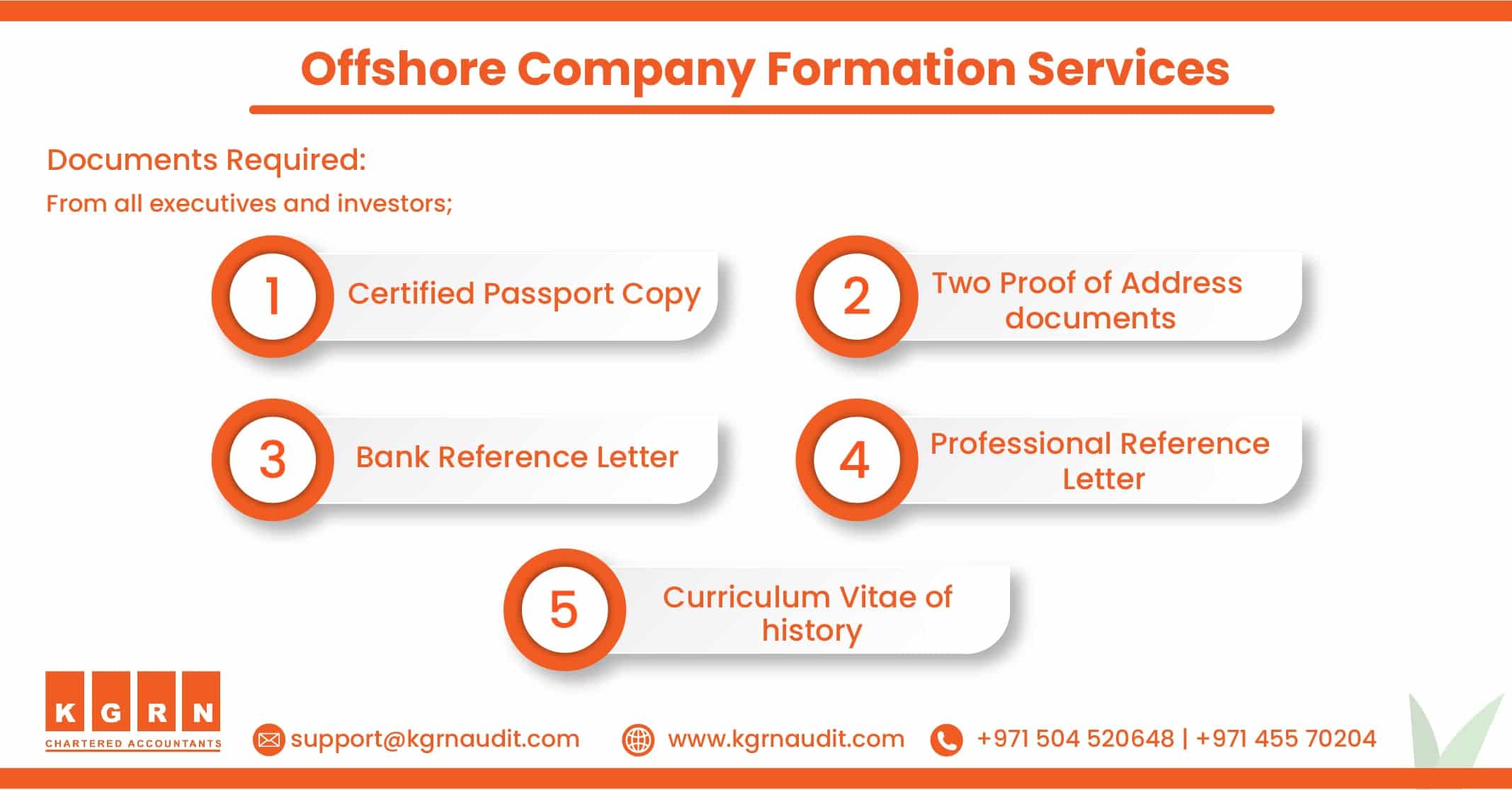Reduce Tax Burden by Using Offshore Business Formation for Maximum Growth
Reduce Tax Burden by Using Offshore Business Formation for Maximum Growth
Blog Article
A Comprehensive Overview to Navigating Offshore Business Development Effectively
In the world of global entrepreneurship, developing an overseas service offers both distinct opportunities and elaborate difficulties. As possible capitalists browse with the intricacies of regulatory and legal structures, understanding the subtleties of each can make a substantial distinction in the successful facility and longevity of an offshore entity.
Selecting the Perfect Offshore Jurisdiction
When choosing an overseas territory for business formation, numerous vital elements must be thought about to make sure legal conformity and operational efficiency. Tax policies are vital; some territories provide low or absolutely no tax obligation prices, which can be extremely helpful commercial retention. Nevertheless, one need to additionally examine the political stability of the area to avoid prospective threats that could impact company procedures negatively - Offshore Business Formation.
In addition, the credibility of the jurisdiction can significantly impact the perception of business internationally. Choosing for a territory with a strong governing credibility may facilitate smoother business connections and banking purchases internationally. Additionally, the ease of working, consisting of the simplicity of the enrollment process and the accessibility of competent neighborhood services, must be examined to ensure that the operational needs are supported properly.
Recognizing Legal and Governing Structures

Legal structures in overseas jurisdictions are usually designed to attract foreign investment with economic incentives such as low tax obligation prices and simplified reporting procedures. However, these benefits can feature stringent laws targeted at stopping cash laundering and financial scams. Capitalists should navigate these legislations carefully to avoid lawful mistakes.


Developing Your Offshore Company Structure
After recognizing the governing and legal more helpful hints frameworks necessary for overseas service procedures, the following important action is to establish the appropriate organization structure. Choosing on the kind of offshore company is critical, as this selection impacts administration, obligation, and administrative obligations. Typical frameworks consist of International Service Companies (IBCs), Limited Obligation Firms (LLCs), and collaborations. Each structure provides distinctive advantages depending on business goals, such as tax effectiveness, privacy, or versatility in management.
Choosing the appropriate jurisdiction is just as important. Aspects such as political stability, lawful system, and international connections have to be considered to make sure a safe and secure and advantageous setting for business. Popular locations like the Cayman Islands, Bermuda, and Luxembourg offer different advantages customized to various business demands, including robust legal systems and beneficial regulative landscapes.
Inevitably, aligning business framework with tactical corporate objectives and the selected territory's offerings is important for enhancing the benefits of offshore incorporation.
Taking Care Of Conformity and Taxation in Offshore Procedures
Taking care of conformity and taxes is a crucial facet of keeping an overseas business. Offshore Business Formation. Ensuring adherence to the regulations of the host country, as well as worldwide standards, can reduce legal threats and boost operational legitimacy. Offshore firms need to stay educated regarding the tax obligation responsibilities and coverage demands in their selected territory. This includes recognizing the ramifications of double taxation arrangements and determining whether the service certifies for any type of exemptions or rewards.
Entrepreneur must also invest in durable compliance programs that consist of normal audits and worker training to support business administration. Engaging with legal and financial experts that concentrate on international organization legislation can give indispensable advice and assistance navigate the intricacies of cross-border taxation. These experts can aid in establishing effective tax obligation frameworks that line up with worldwide techniques while enhancing financial responsibilities.
Eventually, diligent administration of conformity and taxation is vital for ensuring the long-lasting success and sustainability of an offshore business.
Conclusion
Finally, the successful formation of an offshore business rest on mindful factor to consider of territory, lawful conformity, and the proper organization framework. By thoroughly selecting a positive and secure environment, understanding and sticking to legal structures, and taking care of recurring compliance and taxation, organizations can establish themselves successfully on the international phase. This strategic strategy makes sure not just functional legitimacy yet likewise positions business for sustainable growth and long-term success in the worldwide market.

Report this page